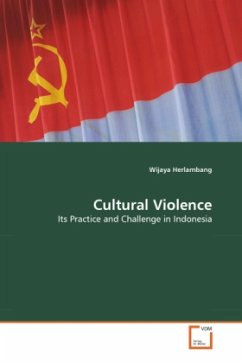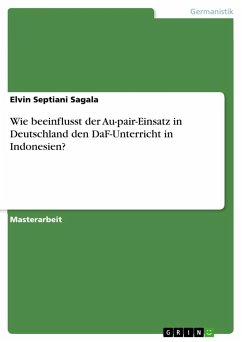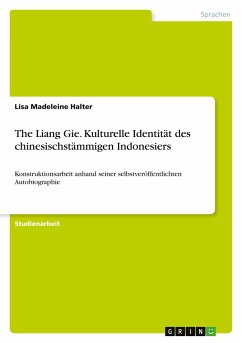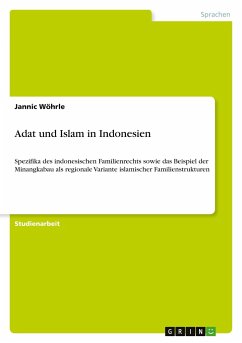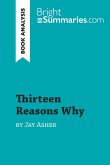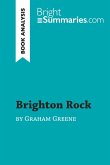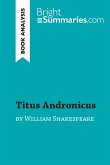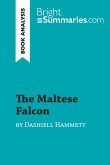The fall of Indonesia's New Order in 1998 was not followed by the demise of anti-communist ideology. On the contrary anti-communism remains strong within the community. This book traces some of the determinant factors which contributed to the establishment and the survival of anti-communism in Indonesia. This book argues that the survival of anti-communist ideology was not only a result of political campaigning but also and more importantly cultural aggression against communism, particularly through the justification of the violence experienced by the alleged communist members in 1965-1966.The justification of the 1965-1966 violence which was carried out by the New Order government and its cultural agents through cultural products fundamentally underpinned the viewpoint of communism as the ultimate enemy of the nation. This book also argues that the legitimisation of the 1965-1966 violence was no less brutal than the act of violence itself.By focusing on the discussion of how theNew Order government and its cultural agents utilised cultural products in legitimating violence against communists, this book attempts to explore the ways in which the 1965-1966 violence was normalised.

